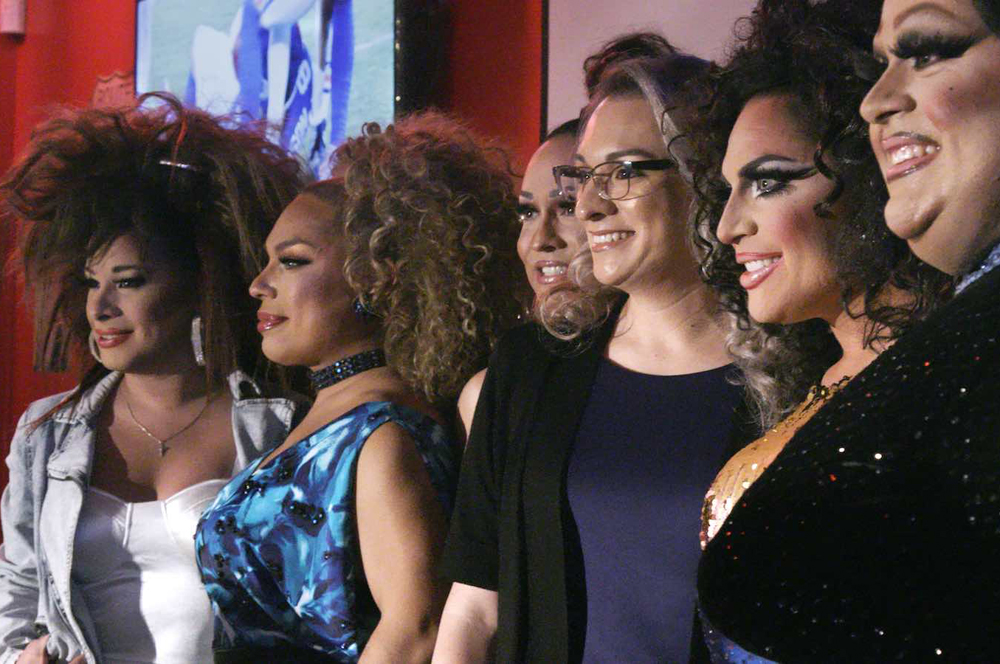“Running for office is a big performance,” Frankie Gonzales-Wolfe says in “A Run for More,” preparing for a campaign event in her bid for a City Council seat in San Antonio. An area that wouldn’t seem to look kindly upon Democratic candidates in deep red Texas, there are reasons for Gonzales-Wolfe to believe she could change things, from a clear-eyed view of political gamesmanship honed as a campaign manager for dozens of campaigns to shifting demographics where a residential pool that includes the largest population of refugees in the state could be open to new ideas. As one of her volunteers will say later, “San Antonio doesn’t look like just one person.”
Still, Gonzales-Wolfe has to wonder whether she could be that face for her community when there is no precedent, hoping to become the first transgender elected public official in Texas if she can secure a seat on the District Eight City Council. The race to win is never seen as anything less than a moonshot in Ray Whitehouse’s compelling campaign chronicle, but still follows the candidate as she comes a long way after being put in the untenable position of being boxed in once more in an effort to appeal to the broadest possible electorate after finding the confidence to live openly as her true self. This doesn’t mean Gonzales-Wolfe sees her gender as a political liability, wanting to make sure that there’s a healthy space on campaign signage for her face when she knows such personalizing touches make an impression with voters, but in territory where even Democratic candidates lean conservative, the pressure is on to be as generic as possible.
“A Run for More” speaks volumes to the political moment that we’re in when every reason Gonzales-Wolfe has for jumping into the race — and all of her considerable qualifications for a seat at the table – is obscured by what it will take to actually break through on the ballot, working against political machinery so entrenched that the candidate who doesn’t bother to show up to a forum for a coveted endorsement gets the nod and constituents that have their minds made up for them by cable news. Worthwhile alone for the scenes into the day-to-day strategizing and canvassing involved in a local campaign, the film shows the toll door-to-door voter interactions can take in polarized times and reminds, as consultant Veronica Gonzalez does to Gonzales-Wolfe, that almost none of the hot button national issues that she will be confronted on will ever come before the city council.
Still, as Whitehouse hones in on an idea of resistance, it intriguingly has less to do with the public than the candidate herself when there may be no fear of putting herself out there in running for office, but real concern about straying from the same campaign playbook that has been run countless times before to minimize risk. Finding that as much courage as it takes to enter politics, a campaign requires far more to stay true to the principles that gets someone in the race to begin with, the film may be locked into a certain trajectory based on its subject, but as Gonzales-Wolfe starts to question conventional wisdom, “A Run for More” goes as deep as its central focus is willing to take it, ultimately able to reach territory often overlooked in political docs.
“A Run for More” will next screen at the Sidewalk Film Festival in Birmingham on August 24th and at aGLIFF in Austin on August 28th.




